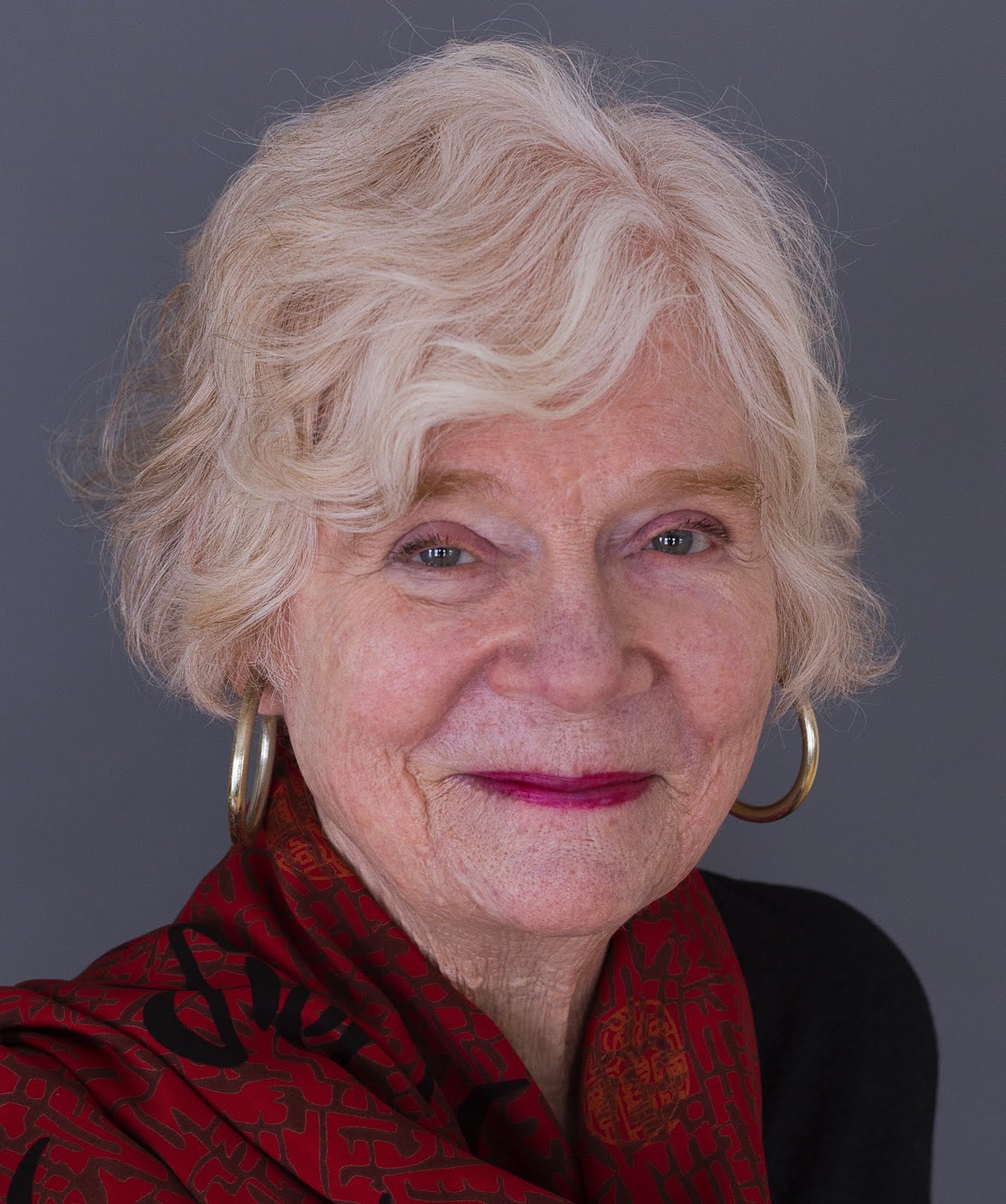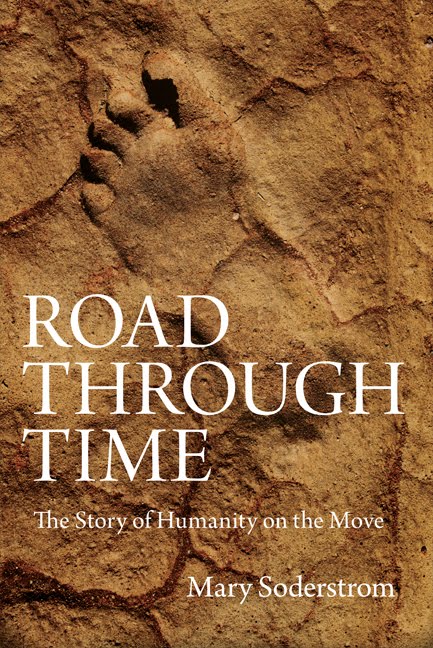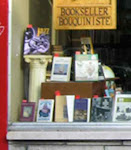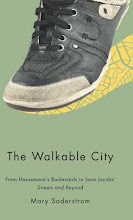Friday 19 September 2014
Want to Know Who Will Win? Ask a Bookie
This is the day when the world (or at least a part of it) is mulling over the 55.3 per cent rejection of Scottish independence on Thursday. Lots of talk on Radio Can and the Francophone press about what it means for Quebec. (In short, the conclusion not surprisingly is that it doesn't augur well.) I imagine there's probably a similar amount of navel gazing in Spanish-language media about Catalonia.
What should really interest people who care about the democratic process is how the polls in Scotland initially grossly underestimated the force of the independence movement, and then dithered around giving quite different predictions this last week.
Polling is hard, and it's getting harder as people stop answering or even having land lines. The alternative of electronic polling in a universe of respondpents who are carefully selected to reflect the general population is clearly imperfect. Justin Wolfers in The New York Times today, however, suggests that the real problem lies in not asking the right questions.
Bookies, he says, do and got this one much closer than the pollsters.
He notes that the betting markets in Britain in elsewhere early on suggested that the vote would be much closer than the pundits thought. "Throughout most of the campaign, few gave the pro-independence supporters a chance. From the early surveys in 2012 and 2013, all the way through to those run as recently as June of this year, most polls registered support for the Yes campaign as running in the mid-to-low 30s. A few nudged above 40 percent, but far more registered support in the 20s. It’s no surprise, then, that the news media largely ignored the referendum, and that pundits basically wrote it off as a sideshow."
It wasn't until a poll last month showed a surge in "Yes" support that the guys in control woke up. The lesson?"Instead of focusing on whom people say they plan to vote for, ask them instead to focus on who they think will win. Typically, asking people who they think will win yields better forecasts, possibly because it leads them to also reflect on the opinions of those around them, and perhaps also because it may yield more honest answers."
Are you listening, my political junkie friends?
What should really interest people who care about the democratic process is how the polls in Scotland initially grossly underestimated the force of the independence movement, and then dithered around giving quite different predictions this last week.
Polling is hard, and it's getting harder as people stop answering or even having land lines. The alternative of electronic polling in a universe of respondpents who are carefully selected to reflect the general population is clearly imperfect. Justin Wolfers in The New York Times today, however, suggests that the real problem lies in not asking the right questions.
Bookies, he says, do and got this one much closer than the pollsters.
He notes that the betting markets in Britain in elsewhere early on suggested that the vote would be much closer than the pundits thought. "Throughout most of the campaign, few gave the pro-independence supporters a chance. From the early surveys in 2012 and 2013, all the way through to those run as recently as June of this year, most polls registered support for the Yes campaign as running in the mid-to-low 30s. A few nudged above 40 percent, but far more registered support in the 20s. It’s no surprise, then, that the news media largely ignored the referendum, and that pundits basically wrote it off as a sideshow."
It wasn't until a poll last month showed a surge in "Yes" support that the guys in control woke up. The lesson?"Instead of focusing on whom people say they plan to vote for, ask them instead to focus on who they think will win. Typically, asking people who they think will win yields better forecasts, possibly because it leads them to also reflect on the opinions of those around them, and perhaps also because it may yield more honest answers."
Are you listening, my political junkie friends?
Subscribe to:
Post Comments (Atom)


















No comments:
Post a Comment